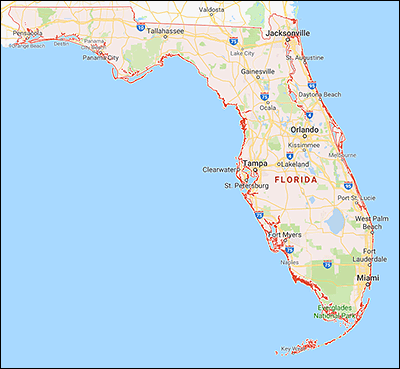By Jim Ellis — Monday, Sept. 26, 2022
Senate
Nevada: Four in a Row — As the plethora of polls keep coming, we now see Republican Adam Laxalt taking a small lead over Sen. Catherine Cortez Masto (D) in four consecutive surveys. From Sept. 8-20, Emerson College, Data for Progress (D), The Trafalgar Group (R), and Insider Advantage (R) posted leads for Laxalt at one to four percentage points.Unlike Arizona polls (see next item) that find inconsistent margin results for Sen. Mark Kelly, these four pollsters all arrive at basically the same conclusion. Additionally, the senator fails to break a highwater mark of 46 percent in any of the surveys, a bad sign for any incumbent.
Arizona: Many Polls, Many Results — During the period of Sept. 6-19, six different pollsters tested the Arizona Senate race, and the results were wide ranging. All six agree that Sen. Mark Kelly (D) has a lead over venture capitalist Blake Masters (R), but the advantage span moves all the way from one to 12 points.
Three of the research entities — Emerson College, The Trafalgar Group (R), and Data for Progress (D) — find the Kelly margin at two points (Emerson) or one (Trafalgar; DfP). Another, Insider Advantage (R), pegs the Kelly lead at six points. Fabrizio Lee (R) / Impact Research (D) for AARP, posts the senator to an eight-point edge. Finally, Arizona-based OH Predictive Insights sees the largest Kelly margin, 47-35 percent. With such a diverse polling result universe, it is difficult to accurately depict this race’s true status.
New Hampshire: Sen. Hassan in Driver’s Seat — It appears that Gov. Chris Sununu (R) and various Republican strategists and consultants were correct to forecast that retired Army Gen. Don Bolduc (R) would not be a strong opponent against Sen. Maggie Hassan (D) in the November election. Three polls have now been released since the state’s Sept. 13 primary election — from Emerson College, the American Research Group, and the University of New Hampshire. The surveys were conducted within the Sept. 14-19 period. All three pollsters find Sen. Hassan leading the race with margins between 8 and 13 percentage points.
House
FL-2: Closer Than Expected — When the Florida redistricting map was adopted, most agreed the incumbent getting the worst draw was three-term Rep. Al Lawson (D-Tallahassee), who saw his Tallahassee to Jacksonville 5th District split into several parts. Left with tough choices, Rep. Lawson chose to seek re-election against Republican incumbent Neal Dunn (R-Panama City) in the new 2nd District.
The FiveThirtyEight data organization rates this seat that stretches from Tallahassee to the Emerald Coast as R+17. The Dave’s Redistricting App data group calculates the partisan lean as 54.5R – 43.8D.
A new David Binder Research (D) poll (Sept. 14-18; 600 likely FL-2 general election voters; live interview & online) finds Rep. Dunn holding only a 49-43 percent lead, however, which is a closer result than one would expect from a district with such strong Republican base numbers.
Governor
Nevada: Sheriff Lombardo Gaining Momentum — Three polling firms have tested the tight Nevada governor’s race between incumbent Democrat Steve Sisolak and Republican challenger Joe Lombardo, the Clark County sheriff. Emerson College, Data for Progress (D), and The Trafalgar Group (R), all see a race falling within the margin of error.
While Trafalgar finds Lombardo holding a three-point lead, the other two research entities see the candidates at even strength. Like Sen. Catherine Cortez Masto (D) as covered above (see Nevada Senate above), Gov. Sisolak is far short of attracting majority support. In these three polls conducted within the Sept. 8-20 period, the governor fails to break the 45 percent support level.




